I did something stupid... :(
raistlyn
10 years ago
Related Stories

FUN HOUZZDouble Take: Did That Chair Come From a Ski Lift?
Clever homeowners find ways to repurpose chairlift seats indoors and out
Full Story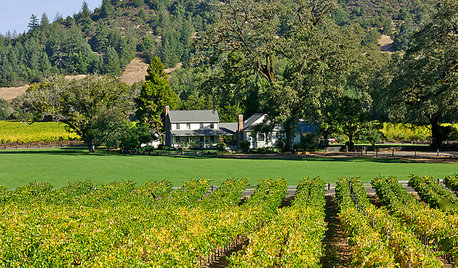
LIFEYou Said It: ‘They Did Not Have a Throwaway Mentality’ and More
Houzz articles about Fred MacMurray's farm, sci-fi style, hoodoos, and 31 true remodeling tales struck a chord this week
Full Story
Let's Dish! Did You Watch the Flipping Out Premiere?
Contemporary Remodel Kicks off Design Show's New Season. What Did You Think?
Full Story
WALL TREATMENTSDouble Take: How Did They Make That Mondrian-Inspired Wall?
Bright colors and wood grains create an artful midcentury modern feature in this Southern California living room
Full Story
BUDGETING YOUR PROJECTHouzz Call: What Did Your Kitchen Renovation Teach You About Budgeting?
Cost is often the biggest shocker in a home renovation project. Share your wisdom to help your fellow Houzzers
Full Story
ARCHITECTURERoots of Style: Where Did Your House Get Its Look?
Explore the role of architectural fashions in current designs through 5 home styles that bridge past and present
Full Story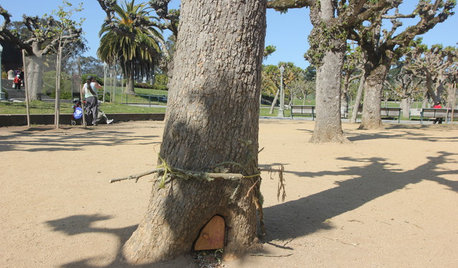
FUN HOUZZDid Elves Make a Home in a San Francisco Park?
Speculation has swirled around a Lilliputian doorway in Golden Gate Park. We give you the true story — and a design dilemma
Full Story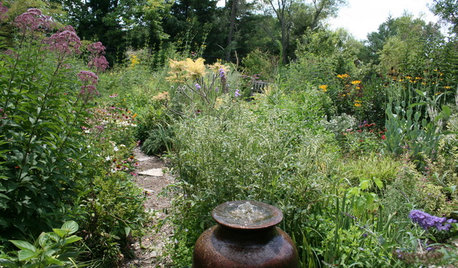
GARDENING GUIDESHow I Learned to Be an Imperfect Gardener
Letting go can lead to a deeper level of gardening and a richer relationship with the landscape. Here's how one nature lover did it
Full Story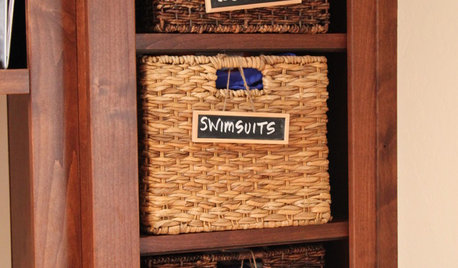
ORGANIZINGSomething Wicker This Way Comes
Store your stuff neatly and easily in any room with stylish, versatile baskets
Full Story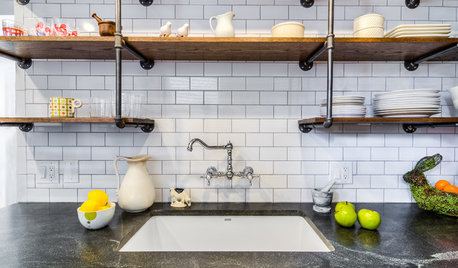
KITCHEN DESIGNNew This Week: 3 Modern Kitchens With Something Special
Looking to make your kitchen feel unique? Look to these spaces for inspiration for tile, style and more
Full Story





afishlady
theforgottenone1013 (SE MI zone 5b/6a)
Related Professionals
Deer Park Landscape Architects & Landscape Designers · Garden City Landscape Architects & Landscape Designers · Burlington Landscape Contractors · Aloha Landscape Contractors · Broadlands Landscape Contractors · Chattanooga Landscape Contractors · Coeur d'Alene Landscape Contractors · Garland Landscape Contractors · Melrose Park Landscape Contractors · Ridgewood Landscape Contractors · Stony Brook Landscape Contractors · West Haverstraw Landscape Contractors · Chicago Ridge Landscape Contractors · Brenham Driveway Installation & Maintenance · San Jose Driveway Installation & Maintenanceglib
nc_crn
ceth_k
nc_crn
nc_crn
raistlynOriginal Author
pnbrown
raistlynOriginal Author
glib
pnbrown
ceth_k
nc_crn
glib
pnbrown
glib
pnbrown